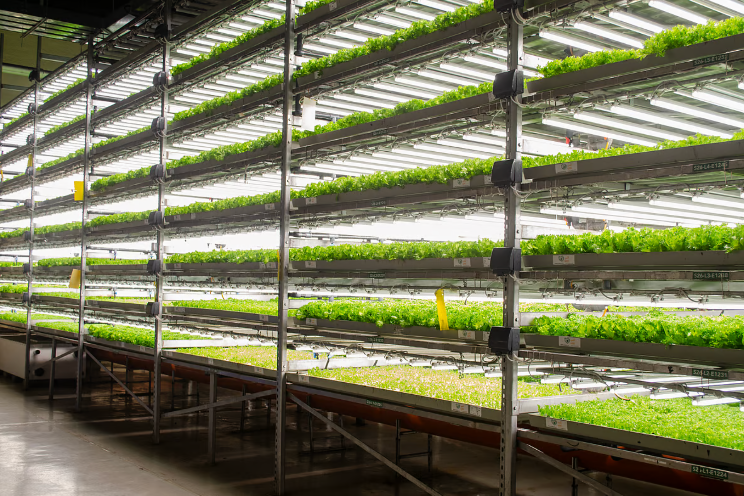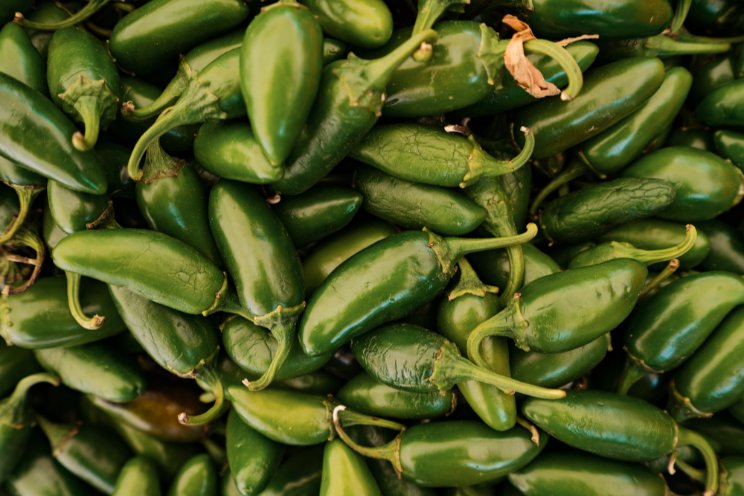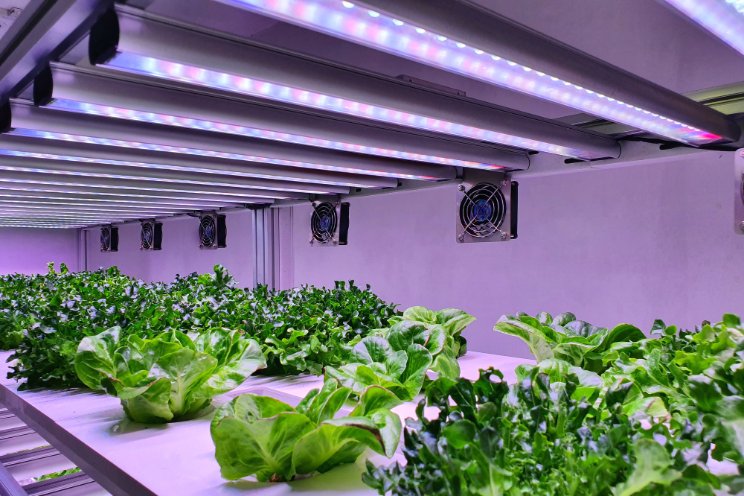Shortages “tip of iceberg” if UK’s food security not tackled now
Added on 23 February 2023

According to Simon Deacon, the founder and CEO of AgTech specialist Light Science Technologies, the UK remains at the mercy of “a litany of global factors disrupting the food supply chain” unless “reliance on imports is dramatically cut to avert a long-term food crisis”.
Food shortages look set to be a continuing theme in 2023, as a combination of bad weather and transport problems in Africa and Europe has resulted in dwindling stocks of fresh produce. Empty supermarket shelves have made an unwelcome return, although issues with the food supply chain have been ongoing since the start of the pandemic in March 2020.
The latest shortage, which has affected fruit and veg supplies including tomatoes, cucumbers, peppers and potatoes, has seen supermarkets rationing items, with both the environment secretary and retailers warning that the problem could last for weeks.
It has been caused by a colder, wetter climate in Spain and Morocco - and even cancelled ferries - all of which have affected the volume of fruit reaching Britain. Although not so, according to Save British Farming chair Liz Webster, who has cited this as “absolute nonsense”, pointing the finger at Brexit, and a “disastrous Conservative government that has no interest in food production, farming or even food supply.”
Supermarkets that have chosen to import cheaper produce over British suppliers have also been blamed by some, forcing growers to delay planting so crops will not be ready until March.
Simon said: “Whatever the reasons, what is becoming clearer is that food shortages are now in danger of becoming part of the norm, and what we’re seeing to date may just be the tip of the iceberg. A “perfect storm” has been gathering for the past three years - Covid, Brexit, climate change, geopolitical events, soaring energy costs, labour shortages, you name it – resulting in continual disruption. While all are valid factors, it’s a repeated narrative that is growing wearisome for consumers, because we still need to adequately address the problem concerning our food supply chain with a long-term solution, one which will increase our food security.
“Even before the war in Ukraine, industry leaders were warning of soaring energy and labour costs threatening the UK’s food security. Now, with China-Taiwan tensions rising, this has further, potentially far worse, ramifications for the supply chain as a whole.
He continued: “The long and the short of it is, we have found a solution, in indoor farming. But it needs to be implemented and rolled out for us to leverage anywhere near the level of benefit it promises. As food costs continue to soar, the call to improve agricultural practices has never been so loud. Strategists have also been saying for some time now that agriculture tech will be key to feeding a fast-growing global population, expected to reach 8.6 billion in 2030 and 9.8 billion in 2050. Only last week, the NFU warned that the "clock is ticking" for the government to protect homegrown food supply. Yet it needs to also boost, not just protect, to ensure the UK’s reliance on imports is dramatically reduced and we avert a long-term food crisis.
He urged: “This can only be done by harnessing the innovation found in AgTech, the possibilities of which are endless - less energy, reduced waste and more efficiency to name a few. However, this must be backed up by more investment and commitment by the government and the industry at large to make it happen. In terms of the future of our food, sustainable is obtainable, but only if we act now.”
More news















